The Constitution provided for the creation of a “federal enclave” for the United States capital with these words: “To exercise exclusive Legislation in all Cases whatsoever, over such District (not exceeding ten Miles square) as may, by Cession of particular States, and the Acceptance of Congress, become the Seat of the Government of the United […]
Constitution’s Ninth Amendment: Protecting Unenumerated Rights
On September 17, 1787 the drafting of the American Constitution was complete. The proposed document was not without its detractors and several delegates who participated refused to sign the document.[1] A major objection was the lack of specific protections for individual freedoms. The document provided that it would become effective with the ratification of nine […]
Constitution’s 25th Amendment: Resolving Issues About the Vice-President
When the Constitution was drafted in 1787, the office of vice-president was created as an afterthought, as a solution to potential problems with the Electoral College. The Constitutional Convention delegates were concerned that if there was only the office of president, all electors would always vote for a favorite son of their state. The result […]
Constitution’s Twenty-Third Amendment: DC Residents Cast Votes for President
The Constitution provided for a seat of government for the United States, as the new government could not depend upon states for its own security. It did not provide voting rights for those living there. The Constitution’s Article I, Section 8, clause 17 empowered Congress to establish a seat of government, and also to exercise exclusive […]
The Constitution’s Twentieth Amendment: Limiting Lame Duck Mischief
The Twentieth Amendment to the US Constitution Explaining the need for the Twentieth Amendment is messy. That is because despite the care taken in drafting, the Constitution left a few matters messy. The Constitution provided terms of office for House members, Senators and the President. It did not give dates for when those terms would begin. It left […]
Fourth Amendment Victory: Cell Phones Cannot be Searched Without a Warrant
In an age of NSA surveillance, secret courts issuing secret warrants, IRS officials allowing private data to be made public and more, it is important to take notice when the Supreme Court steps up and unanimously limits government intrusions in line with the intent of the Founders. Applying 18th Century constitutional commands in the modern […]
Constitutional Question Resolved For a Pay Raise
On April 4, 1841 William Henry Harrison became the first United States president to die in office. The Constitution did not address critical questions regarding succession and the status of Harrison’s Vice-President, John Tyler. Tyler would act to resolve one of the issues, apparently for personal, not constitutional reasons. Lack of Constitutional Clarity The Constitution’s […]
US Constitution’s Twenty-Seventh Amendment: 202 Years in the Making
The First Freedom of the First Amendment is the Freedom of Religion. The Right to Bear Arms is famously in the Second Amendment. The American Bill of Rights has an almost majestic quality by being composed of ten amendments, recalling the structure of the Ten Commandments. But the 1789 Congress submitted twelve amendments drafted by […]
Book Review: The Conscience of the Constitution
I recently was fortunate to observe Tim Sandefur argue the unconstitutionality of Obamacare in the District of Colombia Court of Appeals under the Origination Clause.1 Following the arguments a symposium on the Origination Clause was held at the Cato Institute. After the symposium I met Mr. Sandefur and was introduced to his new book, The Conscience of the Constitution: The Declaration of Independence and the […]
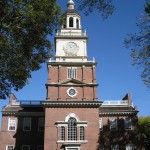
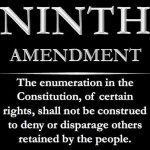
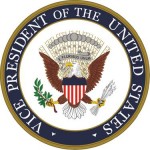
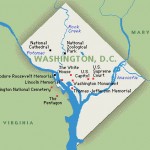
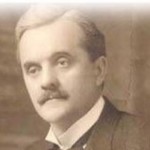

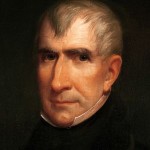

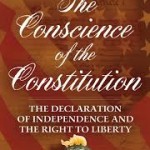






US Declaration of Independence: Unprecedented Change to the World
On June 7, 1776 Virginia’s Richard Henry Lee stood up in the Second Continental Congress in Philadelphia and offered a resolution that would forever change the course of American and world history. “Resolved: that these United Colonies are, and of right ought to be, free and independent States, that they are absolved from all allegiance […]